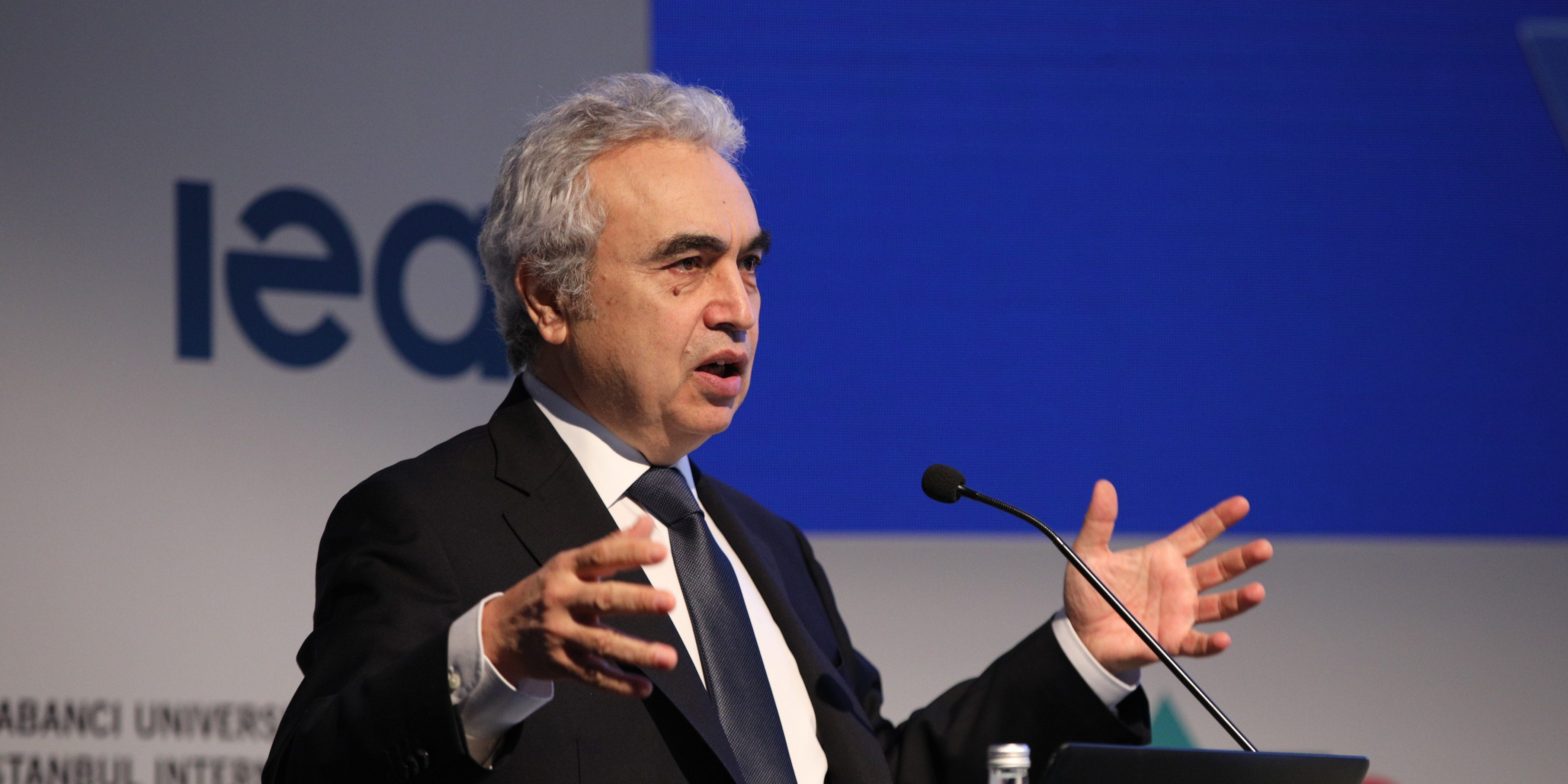Gas supplies will tighten into next year as constraints continue to mount, IEA chief Fatih Birol said. Birol’s supply warning came shortly after the Nord Stream explosions, which caused gas prices to surge 11%. “It is very obvious … who was behind this issue,” Birol said at a Paris energy conference. Loading Something is loading.
Natural gas supplies are set to be even tighter next year as the Nord Stream pipeline deals with an apparent act of sabotage, International Energy Agency chief Fatih Birol said, adding that it’s “very obvious” who was behind the attempt to cripple the key piece of energy infrastructure.
Birol’s warning comes as Europe is facing a major energy supply crunch this winter, with Russian gas flows halted on the Nord Stream 1 pipeline. That caused already-high natural gas prices to soar even higher, with Dutch TTF futures, the European benchmark for natural gas, surging 28.5% shortly after the halt.
Supplies came under new pressure this week after explosions occurred at both of the Nord Stream pipelines, which Denmark said was likely due to deliberate leaks made in both pipelines. Dutch TTF futures rose another 11% on Wednesday.
“It is not yet known who made it, who is behind this sabotage, there is still discussion more or less, but … it is very obvious … who was behind this issue,” Birol said at a Paris energy conference on Thursday, according to Reuters.
Other world leaders have wagered guesses at who may be behind the pipeline attacks: Spain’s energy minister said Russia was likely responsible for the damage, but the Kremlin brushed off any suspicion of Russian involvement on Wednesday, with Kremlin spokesperson Dmitriy Peskov calling the accusations “stupid.”
At another energy conference in Japan, Birol warned that gas supplies in the coming year would grow tighter, due to the strain of Russian supplies being taken off the market as well as increased demand in Asia. China is slowly emerging from its COVID-19 lockdowns, and will likely ramp up the competition for alternative gas supplies once its economy is back in full swing.
“We may well see that the LNG markets in 2023 will be rather tight, maybe tighter than this year,” Birol said on Thursday. “If the Chinese economy recovers … it will be difficult for Europe to attract so much LNG.”
88% of the European Union’s gas storage has been filled as of Monday, according to Reuters, offering some cushion for the bloc to get through supply disruptions this winter. But still, the IEA previously said that Europe would be in danger of blackouts even with 90% storage, leading to a scramble for alternative supplies.
Deal icon An icon in the shape of a lightning bolt. Keep reading
